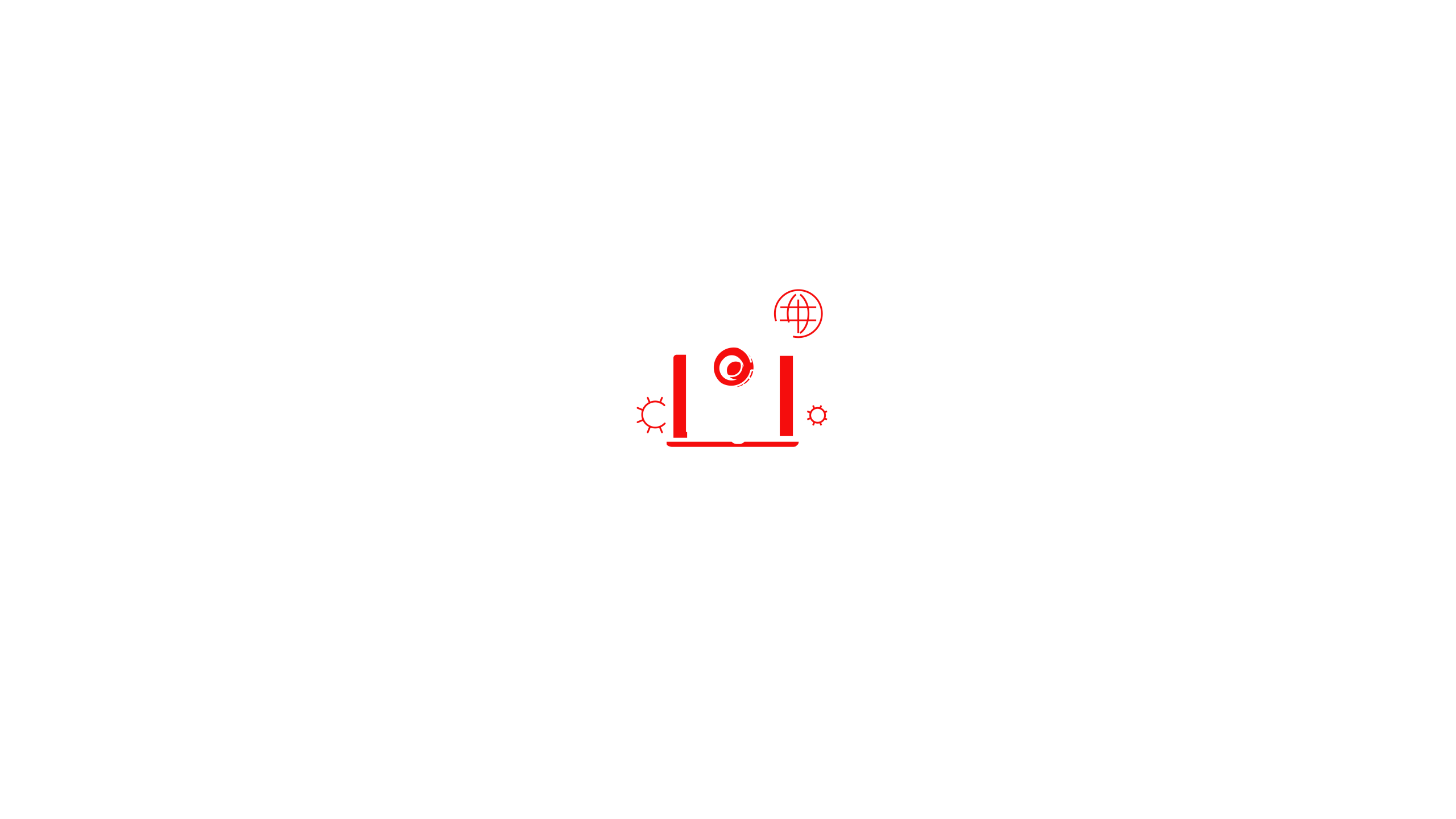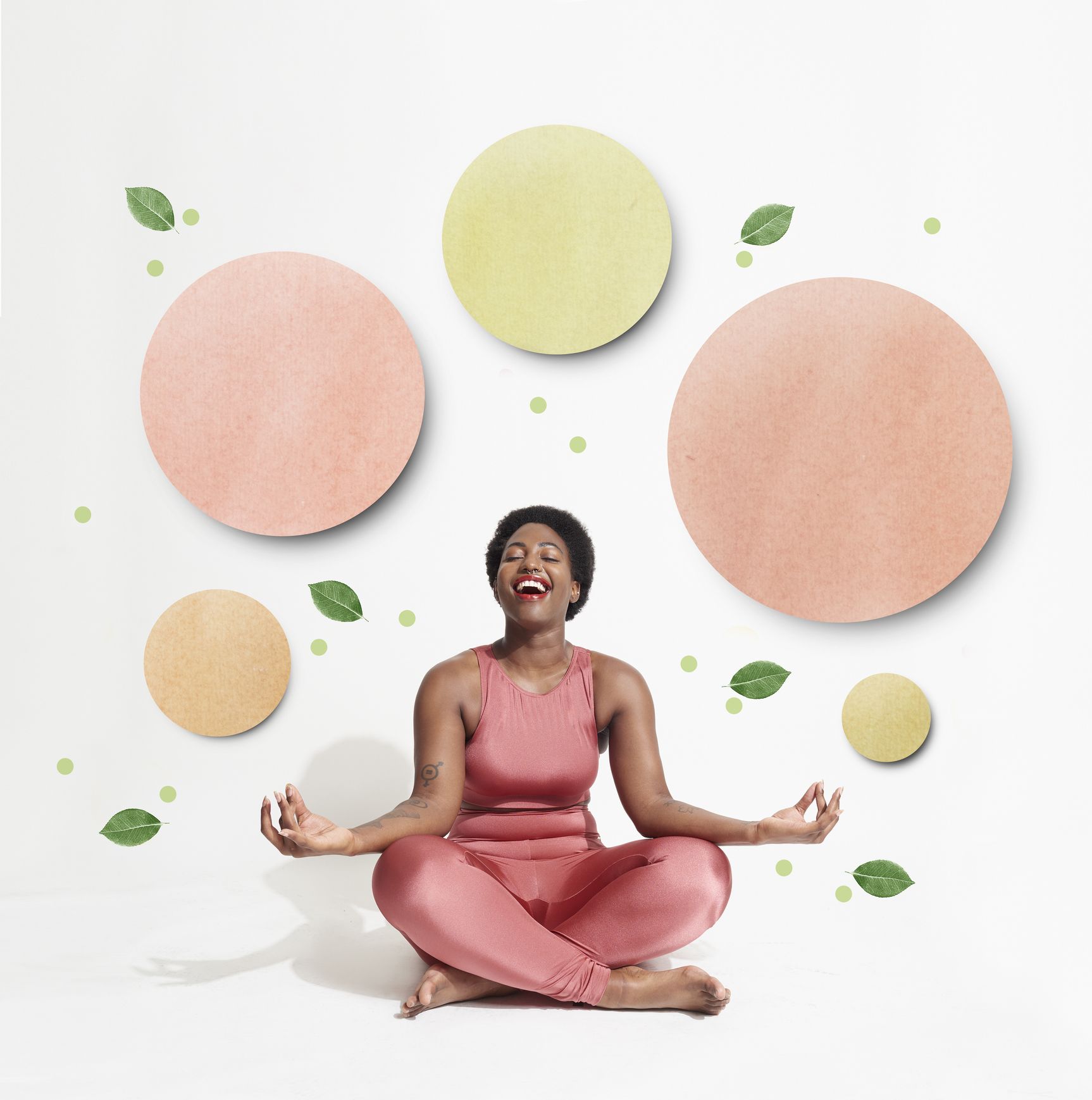

How to manage stress during the pandemic
If there is anything the Covid-19 pandemic has taught us, it’s that every now and then something you have no control over will come along and throw you for a loop.
In 2020, a national survey conducted by pharmaceutical company Pharma Dynamics showed that 56% of South Africans experienced higher levels of emotional and psychological distress than they did before the coronavirus came along and ripped the carpet out from under our feet.
The results, released in October to coincide with Mental Health Awareness Month, revealed that 53% of the more than 1 200 polled respondents had either lost their job, had to take a pay-cut or were forced to close a business after lockdown began in March 2020.
The study also showed that 65% admitted to neglecting their health, 44% struggle to relax and 68% are worried about the impact of the pandemic on society and the economy.
It’s more important than ever for people to take their mental health into consideration, says Tamara Sosa, a Johannesburg-based counselling psychologist. “And we need to build mental resilience as we try to work out how to navigate our new day-to-day lives,” she adds.
The truth is you cannot inoculate yourself against stress, but you can find ways to calm the inner turbulence it causes. The answer, experts say, is to stop seeing stress as a negative and try to view it as an opportunity for personal growth.
You can do this by identifying your personal stressors, consciously deciding how you respond to them and managing the impact they have on you, says Sean Waters, a stress specialist practitioner and founder of Stress Less Clinic in Johannesburg.
Here’s how to go about it:
Recognise the problem
It’s not unusual to be so caught up in a stressful situation that you ignore how it’s making you feel. The first step is to acknowledge that the effect it’s having on you is problematic. “If you can say, ‘I recognise that I have a problem’, then like an addict that reaches out and says, ‘I need help’, you’re now at the point of realising something needs to be done. That’s a huge step,” Waters says.
Check your habitual response
We all respond to stress in our unique way. There are many things that influence how you deal with stress, says Leone Malan, a human physiology professor at North West University who specialises in stress responses in the brain and heart.
“These include your personality, your perception of the stressors as a challenge or a threat, previous experiences and your emotional and physical resources.”
Waters says recognising how your body and mind respond to stress takes honesty and self-reflection and once you identify this, you’ll be able to respond in a more purposeful way.
Keep track of yourself
Self-tracking is pivotal when you’re changing habitual behaviour patterns. Waters recommends tracking some key areas to get you started – your diet, sleep, exercise, productivity, relationships and finances. “I’d suggest doing this tracking exercise for a minimum of 14 days, but ideally up to 30 days,” he says.

Practise positivity
Rather than making you feel more in control, irrational thinking and catastrophising will make you feel more stress.
“Unfortunately, our brains love negativity,” Waters says. This is because our survival depends on identifying threats, so we’re hardwired to look for them.
Identify what you need to change and track it to foster good habits.
“Let’s say exercise comes up. Instead of telling yourself you don’t have time, say to yourself, ‘I need to find ways to exercise more regularly and part of that is finding a type of exercise that’s suits me’. Commit to a schedule and find a way to track it,” Waters says.
Let your brain breathe
Your brain needs a break sometimes. We run it through its paces daily, thinking up new ideas, planning or even learning something new.
Try some self-soothing activities to give your brain a rest. Self-soothing involves engaging your senses, so it could be hugging someone you live with, having a bath with aromatherapy oils or sitting by the ocean and watching the waves.
You can also give your brain a chance to breathe and energise by actively doing habitual actions in a non-dominant way, Waters says. “Simple things such as brushing your teeth or eating with the hand you don’t normally use will help to rewire your brain in a positive way.”
Learning to cope
As we continue to navigate through these uncertain times, learning to cope with the “new normal” is a skill you can teach yourself. Here are four things you can do to develop and cultivate that skill.
Take note of the story you’re telling yourself:
How and what you think plays a big part in how you feel. Telling yourself that stressful things sometimes happen will help you accept that change. “Mental resilience means noticing our own thoughts and unhooking them from non-constructive ones,” Sosa says.
Learn to let go of thoughts that leave you feeling overwhelmed or anxious and start telling yourself instead you’ll get through it.

Build your support network:
We’re social animals, so it’s no surprise that people with strong support networks and social ties are more likely to recover faster from traumatic events.
“One of the most important factors, if not the most important, is to have a squad, a group of individuals who you really care about and who will come to your aid no matter what,” says Steven Southwick, a professor of psychiatry at Yale University’s School of Medicine in the US and co-author of Resilience: The Science of Mastering Life’s Greatest Challenges.
Reach out to those around you. Personal interaction facilitates the release of the hormone oxytocin, which provides a buffer against stress by lowering the heart rate, counteracting cortisol, boosting fearlessness and promoting a feeling of connectivity and positivity.
Practice mindfulness:
Mindfulness has become a buzzword in recent times – and for a good reason. It’s about bringing your attention to what you’re experiencing in the present moment in a way that simply observes and doesn’t judge. “Mindfulness trains you to become an observer of your thoughts and emotions,” Southwick says.
Instead of viewing stress as something to get rid of, it could be used as a tool. Train your brain to perceive something stressful as a challenge instead of a threat.
Prioritise your wellbeing:
Exercise regularly and eat a well-balanced diet.

